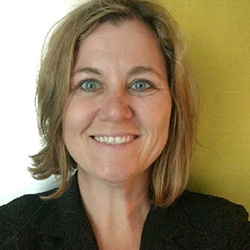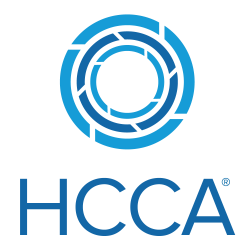Dale Carnegie and Norman Vincent Peale notwithstanding, there are limits to the power of positive thinking when it comes to clinical trial recruitment. It’s a common problem in the industry that contributes to some sobering statistics cited by Katie Eddleton, associate director of the Office of Clinical Research at University of Florida.
For example, 11% of trials never enroll a single subject, while 37% never meet their target enrollment, Eddleton told attendees of a webinar sponsored by Forte Research Systems yesterday (October 24). Overall, 80% of trials don’t meet recruitment timelines, she said, and 30% of Phase III terminations are due to recruitment issues.
“Overly optimistic, wishful thinking” occurs all too often with principal investigators (PIs) “who overestimate the potential number of patients who will participate” in a trial, Eddleton said. She’s had direct experience, for example, in helping patient recruitment efforts for large diabetes trials.
In some cases, a PI or other recruiter will say they have “lots of patients,” Eddleton said. However, on closer examination, the inclusion/exclusion criteria may knock many out of consideration. In some cases, the facility might believe it has a lot of diabetic patients when, in fact, it only has a smaller number who spend a lot of time at the facility and form the impression of a larger patient population.
Eddleton is a big advocate of shifting from wishful thinking to data-driven decision making. She advises recruiters and others to consider new ways of looking at their jobs, including:
- Reviewing the eligible population with recruitment procedures in mind. “It’s not rocket science, [but] more of a common sense approach [that is] often overlooked, and any experienced research coordinator can do this,” she said.
- Reviewing consent form and procedures with patients and lay people. “The low hanging fruit of community engagement can be helpful if done well,” she noted.
- Reviewing the impact of clinical operations on recruitment with relevant clinical staff. Buy-in from “nurses and front desk staff can make or break implementations,” she said. “Physician buy-in is necessary, but not sufficient.”
Finally, remember it is always about the patient at the end of the day. “We can overestimate the perceived value of research” in the eyes of patients, Eddleton warned. “Don’t overestimate people’s generosity and altruism, but don’t take it for granted.” Be up front and clear with patients before, during, and after the informed consent process to ensure everyone understands the effort required and potential benefit of the trial in question, she said.
Author: Michael Causey



